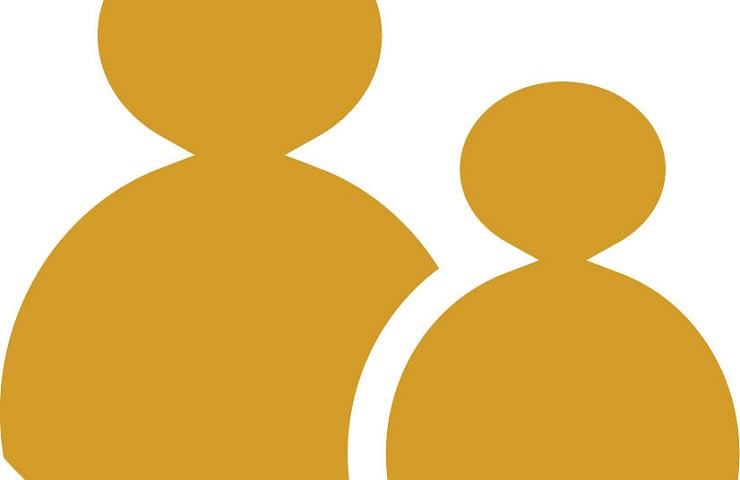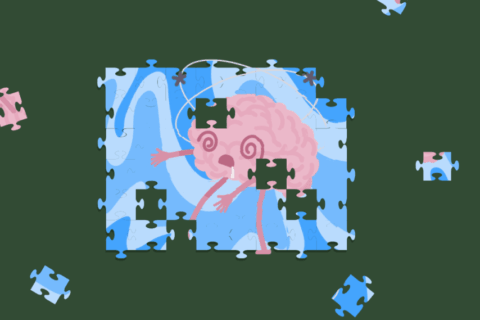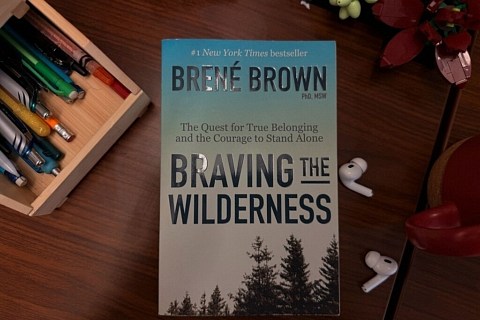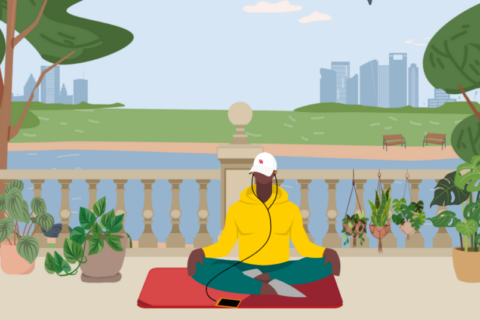The experts agree: let’s talk about sex, baby — but let’s talk about gender and sexuality, too.
“I just think that there has to be more focus on giving people permission to talk about what they like, what they don’t like,” Director of Counseling and Psychological Services Norma Ngo said. “I think there’s a lot of wrong information that is fed through the media in our culture that often points to sexuality as being negative, and focusing on what’s working and what’s not working.”
Despite any perceived social pressures, UH LGBTQ counseling staff seems to advise students questioning their identities, either sexual or gender-related, to speak up and explore themselves.
Ngo is a licensed sex therapist through the American Association of Sexuality Educations, Counselors and Therapists, which trains and counsels people on sexual issues.
At CAPS, Ngo helps to counsel students through a variety of obstacles, including the questioning of sexual and gender identity. She aims for students to understand themselves and their desires through conversation.
“In our culture, sex is kind of seen as a dirty secret, you know? There’s not a lot of talk about sexual health,” Ngo said. “Like what is pleasurable for you, what do you think about sexuality, what do you feel like you have permission to do, to look at, or talk about? I think opening up these conversations for students to have these opportunities to talk about all areas of sexuality is important.”
Director of the LGBTQ Resource Center Lorraine Schroeder, too, understands the plight that students questioning their sexuality face — she helps people with it all the time.
“There is no rush to decide,” Schroeder said. “It is OK to not be sure. If you are feeling depressed or anxious or are engaging in unhealthy coping activities, try to move past your fears and reach out for help. Even though society can send some negative messages, all people deserve to live an authentic, happy life. You are worthy of that.”
Schroeder also stressed that students can talk about their ideas and ask LGBTQ-identifying questions. If they aren’t ready to talk, they can also read books—there’s plenty of literature readily available, and of course students can visit the Resource Center in the Student Center North.
But sexuality is not the only thing students question. Gender, which refers to an individual’s roles, behaviors and expectations in society, as opposed to sex, which is the biological make-up of an individual, has fallen into a spotlight of scrutiny in recent years.
And it’s OK if that confuses students right now, said Liam Stone, a graduate assistant to the LGBTQ Resource Center, because there’s still so much to understand about gender identity. A common misconception, he stressed, is that transgender people are just so gay that they decide to change their genders.
“Gender is so multi-functional and so confusing,” Stone said. “We spent the entirety of the 20th century figuring out sexuality; we’re going to spend the entirety of the 21st century figuring out gender.”
Born a woman, Stone found himself enamored with Queer Literature while in his bachelor’s program. Through that study, he began to realize that he felt male around age 22 and came out at 24.
A year later, he started taking medication to prepare for his transition.
Gender identity, Stone said, differs from sexual identity in that the first is about self-identification while the second is about identifying subjects of an individual’s attraction – citing as a popular idiom that says sexual orientation is about “whom you go to sleep with,” while gender is about “whom you go to sleep as.”
“Stop resisting your gender,” Stone said. “During my adolescence and my early 20s, I always kind of experience gender confusion but my only exposure to transgender people were sensationalized narratives. So for a long time, I resisted being trans because it didn’t resonate until I actually became part of the community.”
But not everyone questions their sexuality. Some take comfort in traditional ideas of sexuality and don’t feel the need to explore. For those, Stone said it’s still important to show support.
“Life is freaking weird, and gender’s weird, and sexuality is weird,” Stone said. “We’re all human. None of us are the same. Things change. In terms of supporting people while they’re questioning this, it is important to validate. It is OK to question and it is OK to be in flux and it is OK to not know.”
Additional reporting by Rose Singh





Recent Comments